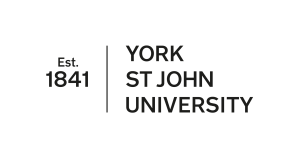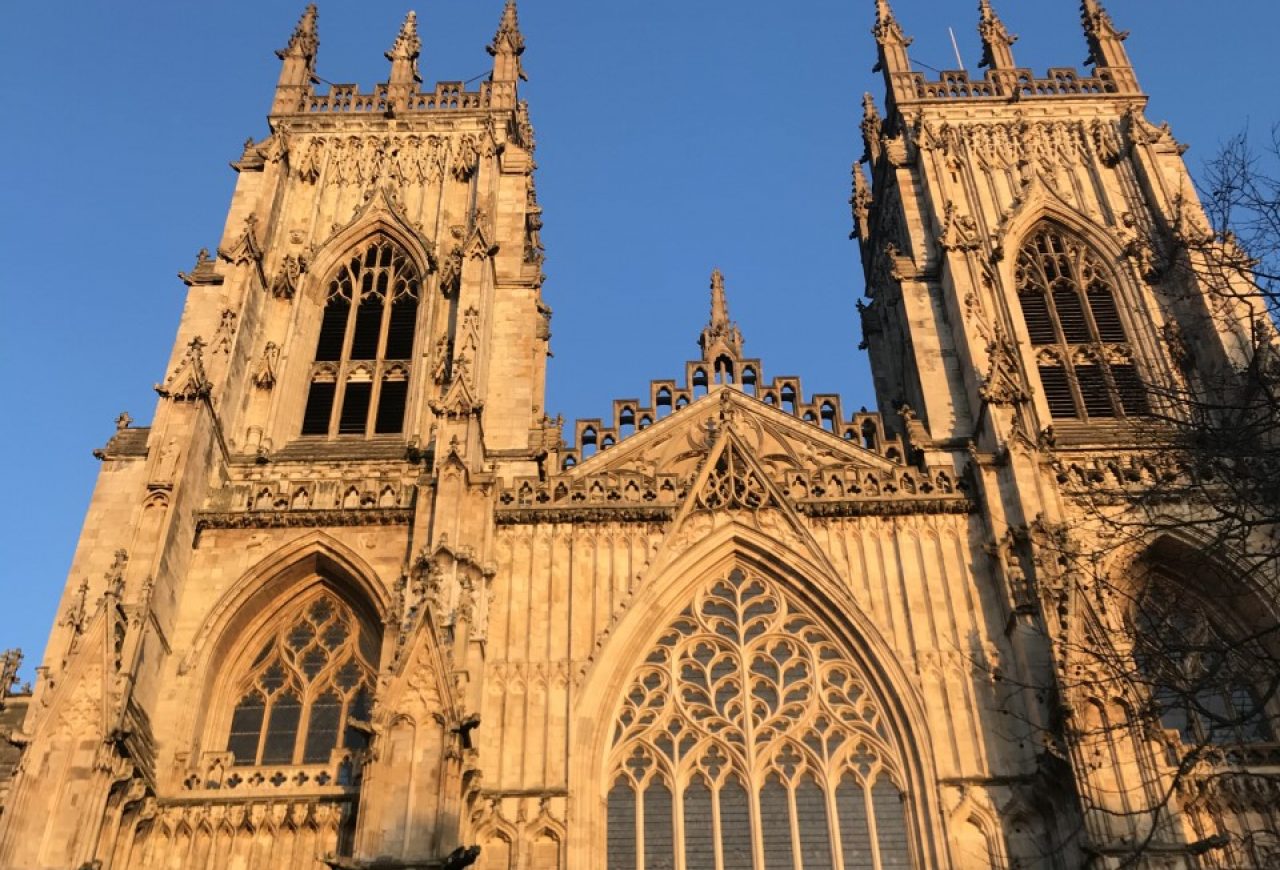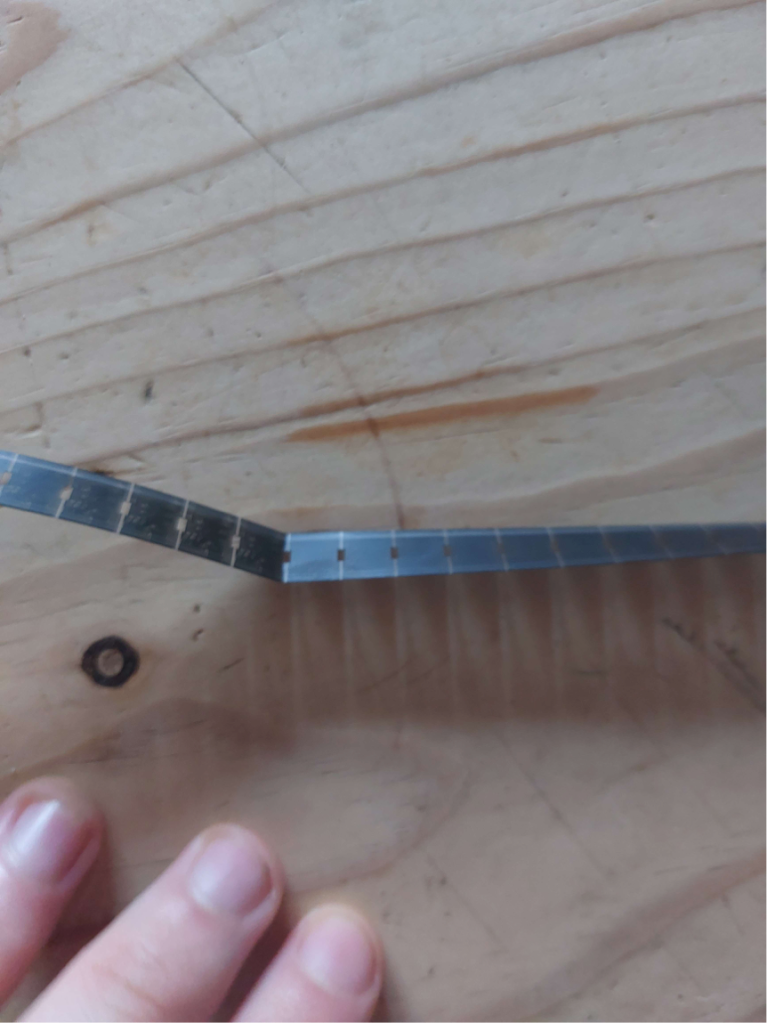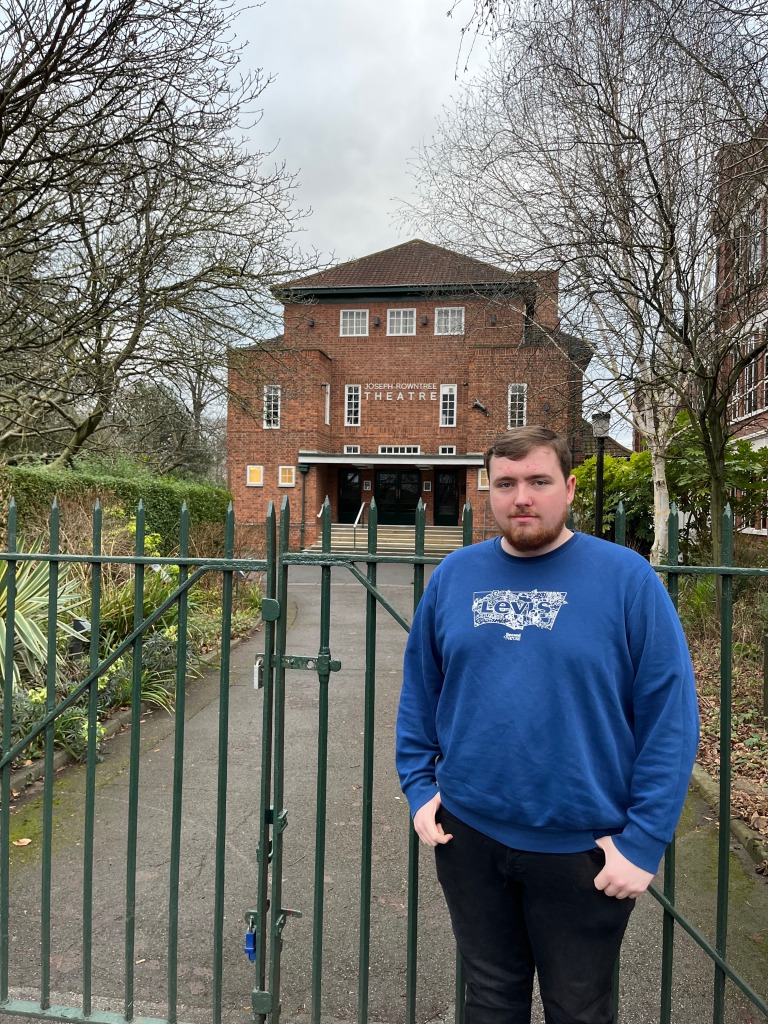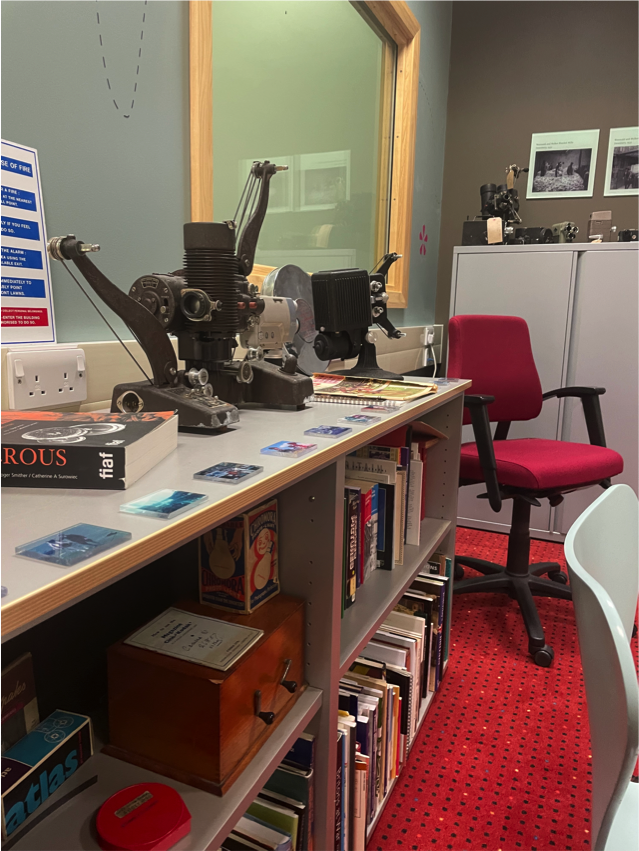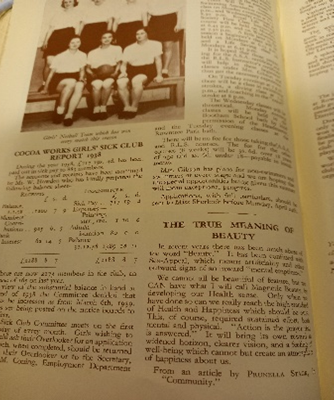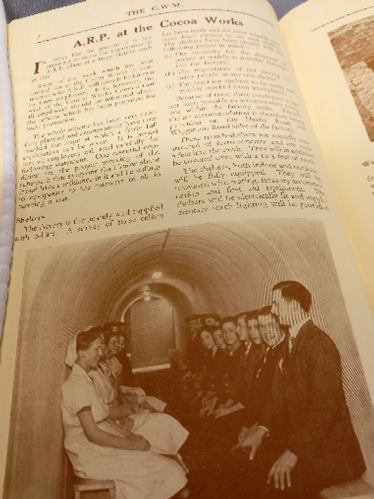Archive collections can spark a wide array of emotions in those who view them, especially when items have a personal connection. On placement at the Borthwick Institute for Archives, second year student Farhan Naqui found a surprising link to a childhood memory in the Rowntree Theatre collection, stirring thoughts on the nostalgic power of archives.
People associate and commemorate particular objects, subjects and life experiences with archives. When observing archives, these fragments connect us to the past. Going through the Joseph Rowntree Theatre collection, I found a poster that joined me with my history. This was a Tweenies event that occurred at the theatre. The poster brought many memories of my childhood and nostalgia. The Tweenies poster felt personal as the theatre archives were fascinating but disconnected from me. However, observing the archive in question made the experience of my placement personalised. I looked at the dates which weren’t on the poster. I had to use my research skills to find the year of this event. I felt a sense of my childhood come back to life as it triggered my fond memories. Archives allow an individual to recollect many past memories which they have forgotten about.
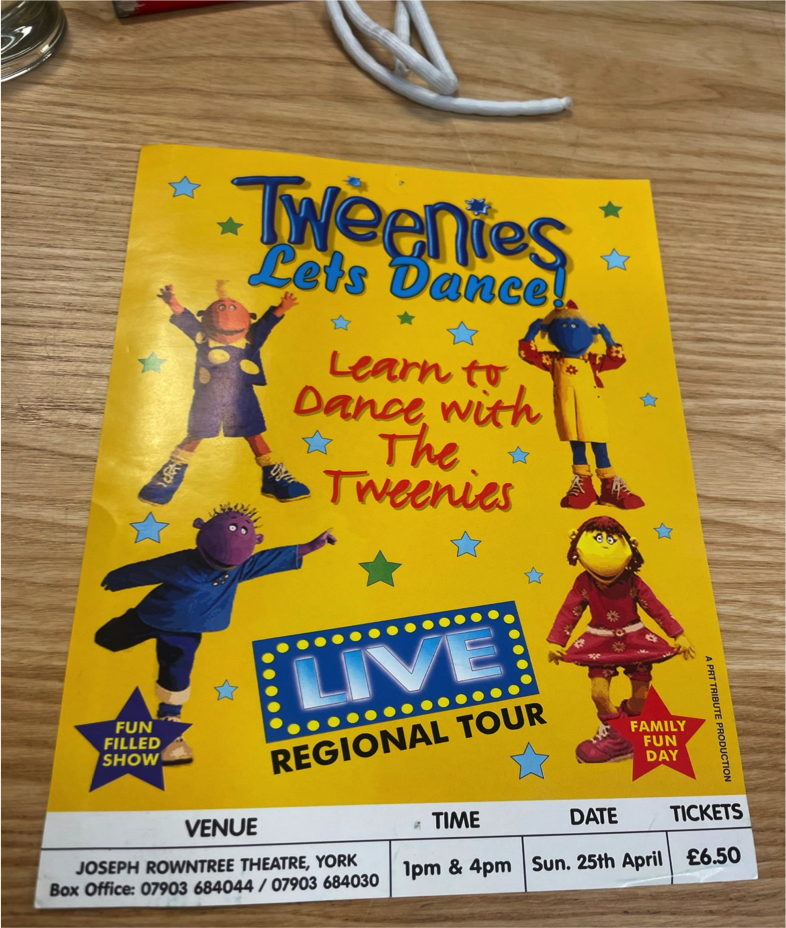
When looking around the Borthwick Institute, there’s a display of the Rowntree collections. The collections are preserved in glass cases within the building and contain old confectionary boxes, posters and archives, which are still in production to this day. When observing the collection, I was well-educated on the Rowntree Foundation. All the information was placed in a chronological order which described the history of the brand. The most exciting archive was an illustration of the Fruit Pastilles. Fruit Pastilles have evolved in a new direction as they are now vegetarian, which they were not before. I found this interesting, as Rowntree is appealing towards more audiences but still keeping the previous clientele happy. Going back to the related theme of nostalgia, I could see comparisons towards the older model to the new model. Many products have either developed from the original design or kept their authenticity. I find it fascinating that people in the current time have the ability to think further ahead of time to preserve history for the future. The reason I completed the placement is to allow future generations to be educated on the Rowntree Theatre as well as learn about the present, which will be their past. One thing I have learnt is the changes archives display within society, economics and industry. It allows businesses like the Rowntree brand to observe significant changes and trends between archives to understand what previous workers did to improve their brand.
